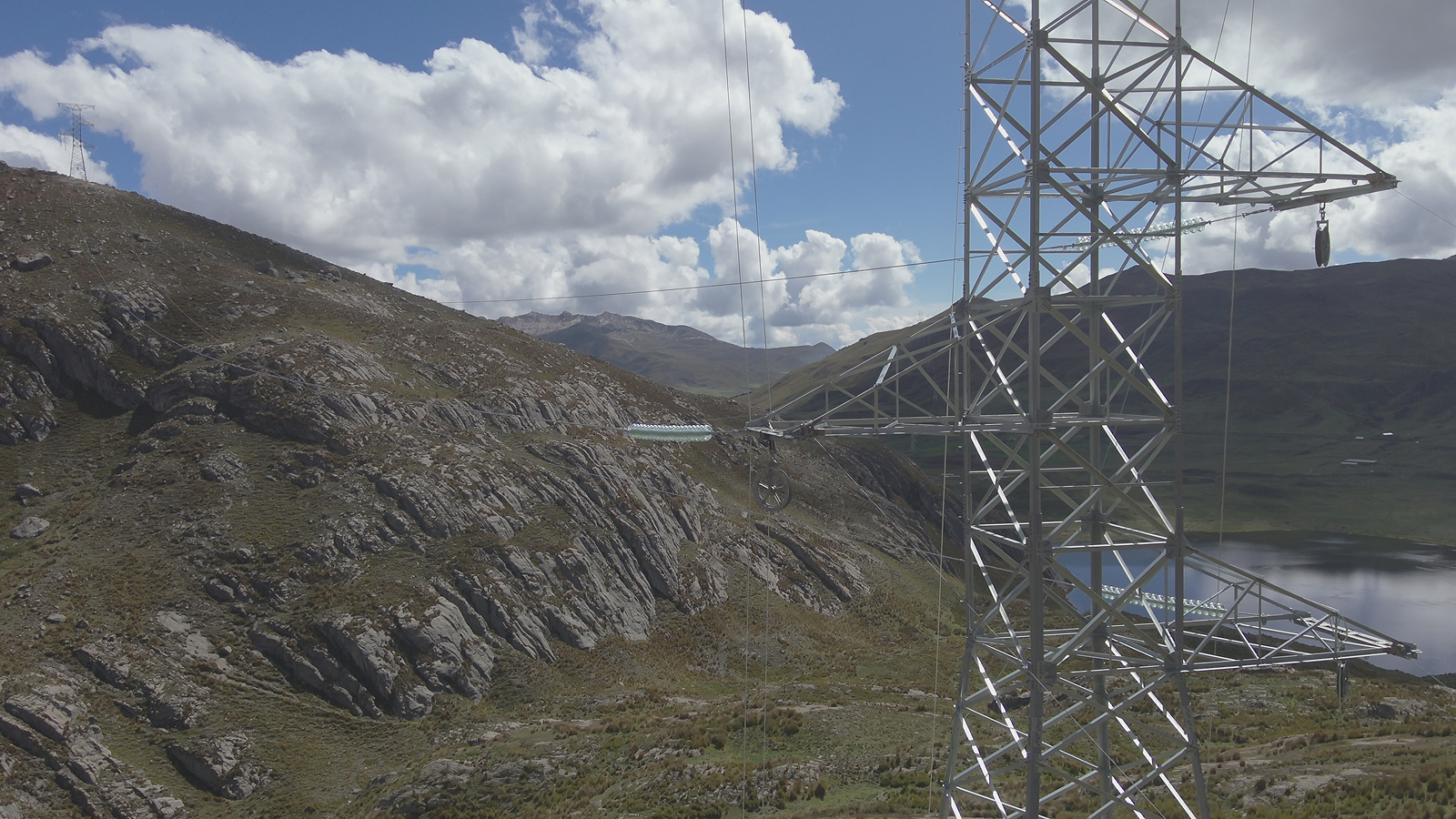The subsidiary of the Chilean company Transelec intends to double the size of the company through asset purchasing and as strategic partners in mining, both in the area of transmission and “adjacent businesses”.
The story of Conelsur -a subsidiary of Transelec, Chile’s main transmission company- in Peru began in 2016, when it acquired the transmission assets of Edegel for more than US$ 60 million.
Eight years later, the company operates over 1000 kilometers of lines in six departments and has a presence in 20 substations, a milestone achieved by venturing into the mining business with the purchase of Norperuana -a transmission company associated with Goldfields- and Conenhua, an electric power company of Buenaventura Mining Group, months later.
The strategy of growing this way continues, but verticals have been incorporated into the business in order to “double the size of the company by 2028”.
This was stated by Cristián Arratia, CEO of Conelsur since March 2023, in a conversation with DFSUD.
“I think the main (objective) is to have twice as many assets as we do today. This doesn’t necessarily imply doubling the human contingent, but yes, indeed, we need to keep incorporating more resources into the company,” he remarked.
Said resources also aim to diversify the business.
“When speaking of electricity, one thinks: ‘What else can a power company do?’ To us, the answer is: many other things,” he expressed.
The active projects
In recent years, the company has not only inaugurated an in-house control center it operates independently from Enel’s -as in the beginning. It has also commissioned its first greenfield project after the construction of the Portillo substation in Lurigancho-Chosica, with an investment of US$ 11.3 million that allows it to meet the power demand of eastern Lima.
“This year, we should start receiving compensation for having this asset at the disposal of the Peruvian electric power system,” he declared.
They are currently working on a project for the construction of a transmission system for “a big mining company in the country, with a contract for about US$ 29 million”, but about which Arratia cannot provide details yet.
When asked about the signals that Peru may be giving investors in the midst of an economic slowdown and political tensions, the executive recognized that “it is true that decisions are made more cautiously”. However, he stressed that the situation is similar in the region and “this should not discourage us”.
“On the contrary, measures will need to be taken. The projects still exist, and they must be developed. Peru will keep growing,” he said.
For this reason, he disclosed that they continue to look for opportunities in the private and also the public world.
“We are looking very closely at the growth of public projects, with a portfolio of four works for about US$ 1000 million. But we are also focusing on becoming a strategic partner in the mining sector and other industries,” he pointed out.
New lines of business
According to Arratia, current times require “thinking outside the box; how do we diversify our eggs in different investment baskets?”
In this sense, leveraging the 70-year experience of Transelec, they are seeking to develop “adjacent businesses”, such as the business of water transport for and through desalination plants, as they have done with Codelco. “Just like power, water is an essential element for the mining activity; it is becoming less and less permissible to use drinking water in the activity,” he explained.
And the options don’t stop there: “We are playing a very relevant role not only as transmitters but also as promoters of the battery business. And we have other businesses we are currently analyzing, for example, aspects associated with hydrogen.”
However, for the executive, it is crucial that more intensive work be carried out in Peru to attract private investment in a “real and strong way so that more legal certainties can be provided to the investor”.
In his opinion, “there is still a need for more political will, not stopping at words and specifically dealing with the modifications required by administrative procedures to make them smoother, which does not necessarily imply easing the requirements”.
This, he said, will cause the market to keep being much more attractive than it is now, considering that, in recent years, it has shown great activity with companies entering and exiting the business.
“This has become a window of opportunity in the midst of a clear increased competition, which we see as something positive and interesting,” he concluded.
Press release published in DF Sud
